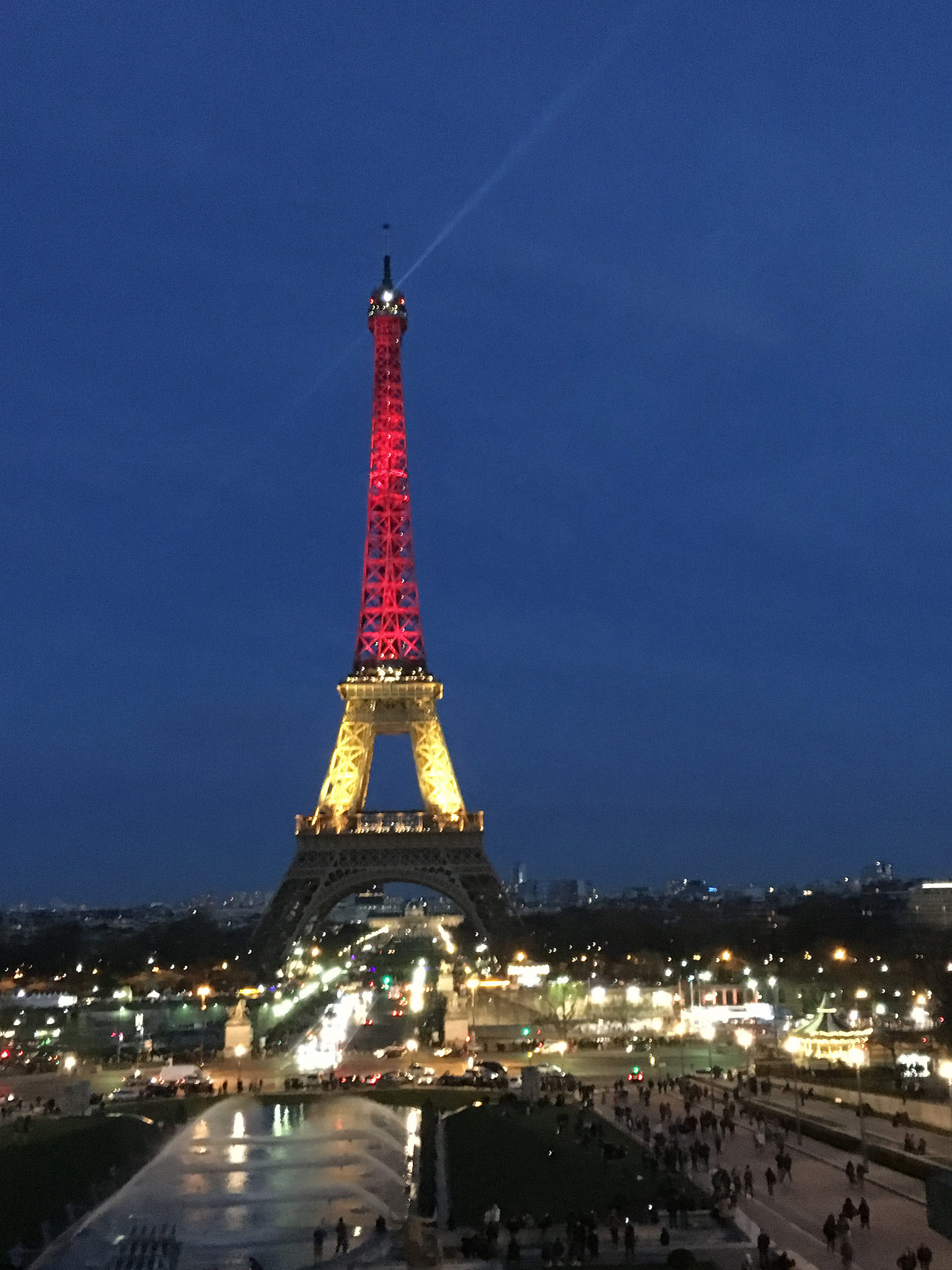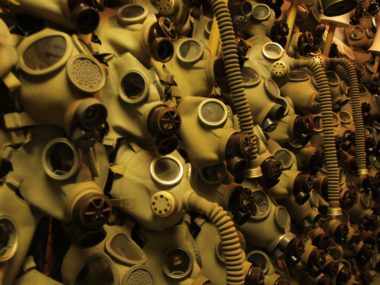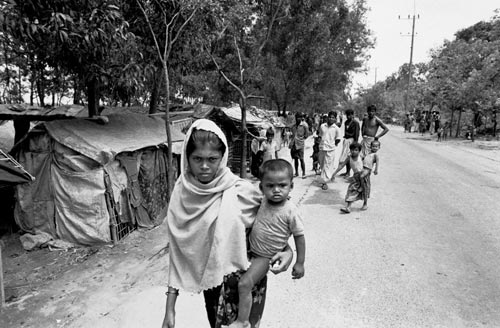Guest post by Gordon Clubb.
The prospective return of Islamic State foreign fighters to Europe has prompted some calls to utilize them and their narratives in a preventative capacity. This is not without precedent. Former combatants in Northern Ireland have played a role in preventing violence in a number of ways: from working within their own constituency to reduce the risk of recidivism, to actively preventing violence erupting on the street. My recent article focuses on their (potential) preventative role in terms of ideology and in discouraging young people from adopting attitudes which may facilitate their involvement in violence. The topic is situated in a wider debate that revolves around the extent to which non-violent radical ideology can actually cause terrorism – the conveyor-belt perspective. Indeed, such assumptions that those who hold an Islamist ideology should not be utilized to prevent terrorism has significant implications considering the prospect of hundreds of former Islamic State combatants returning to the UK. To engage with this problem, it is possible to draw some insights from the Northern Ireland conflict where former combatants have been active in preventative work.
Rather than using categories of ‘extreme/radical’ ideology to identify whether a group will have a conveyor-belt effect, there is more nuance to be gained by focusing on how actors frame violence and the processes by which this resonates (or not) with audiences. There are two dimensions of the framing process which are important for shaping the extent to which a group’s ideology will act as a firewall or conveyor-belt to violence. First is how a group frames violence and how this resonates and is interpreted by different audiences rather than the ideology per se – the need to maintain narrative fidelity leads to the construction of different frame types, which provides the conveyor belt-firewall dynamic. Second is the shape of network linkages between the groups and their audience and the time and space groups have to reconstruct framings, and also the incentives they have to do so.
Frame Types and Narrative Fidelity
One lesson from Northern Ireland is that framing of violence is often conditional, just as Schmid argues it is with Islamists. Importantly, conditional framings of violence are much more nuanced and varied, and viewing them as homogenously dangerous – as the conveyor-belt perspective does – can obfuscate the differences which can be crucial for producing the firewall effect as opposed to the conveyor-belt effect. Indeed, this is the main contribution of applying a framing approach – it can open up the ideological box to analyze how different Islamist groups frame violence and which frame type can best play a preventative role.
The main difference between the Islamist context and the Northern Irish context is that the conditional framing of violence is based on relatively durable, geographically defined structures (i.e. the changing political, social, and economic conditions in Northern Ireland) whereas for Islamists there is much greater heterogeneity in terms of structural conditions which may or may not legitimize violence (i.e. Palestine, Syria, and Iraq). In this sense, conditional framings that oppose violence in Northern Ireland have much less complexity or competition, and young people’s experience of the social environment in Northern Ireland provide credibility to framings that violence has little utility in the context. Therefore, more pragmatic framings of anti-violence in this context will be less likely to produce a conveyor-belt effect, and where it does, de-glamorization has been the primary goal of frame transformation rather than trying to de-legitimize the use of violence on a moral basis.
Applying this to Islamists, pragmatic framings of anti-violence (such as by the Dutch Salafists) may tend to function more greatly as a conveyor-belt because the basis of conditionality is structurally more diverse and unstable. Implicitly recognizing this, one senior British counter-terrorism official commented how he was content with young people to discuss the use of violence as a legitimate means in the Palestinian context as long as they de-legitimized it in the British context. Even when this may threaten UK interests abroad, or there is a prospect of returning fighters, it still remains unclear the extent this conditionality broadens (i.e. returnees viewing the UK as a legitimate target) and it only underlines the need to strengthen framings of violence which oppose violence in the UK context to increase resilience to frame competition.
Network Linkages, Space and Incentives
While in Northern Ireland there have been systematic attempts by former combatant networks and organizations to reframe violence to prevent youth involvement, the process of frame transformation was not inevitable. Organizational interests – promoting their (non-violent) objectives, recruiting new members, and competing with rivals – incentivize groups to reflect on how violence is framed, yet there must be broader incentives that ensure re-framing is anti-violent and that it resonates. Frame transformation emerged as a result of interaction between former combatants and young people, time to reflect on what worked and what did not, and funding which facilitated and incentivized groups/individuals to engage in such activities.
In discussing what role former combatants from Islamic State could play, it has been mentioned they may have a role in de-glamorizing violence, yet it is unclear by what means this would be done. Rather than focusing on ideology or narratives, there should be greater emphasis on the need for some organizational or network structure to best utilize this potential role with incentivizing sources of funding and monitoring/accreditation, as shown in the Northern Irish case. However, the way in which Prevent in the UK is currently set up emphasizes the expression of a top-down state/government identity, whereas in Northern Ireland the only stipulation in this regard was that projects were cross-community based, thus strengthening alternative Republican/Loyalist identities which existed at the community level. Thus, Prevent in its current form limits the processes by which former combatants played an active role in Northern Ireland.
Gordon Clubb is Lecturer in International Security at the University of Leeds, UK.






